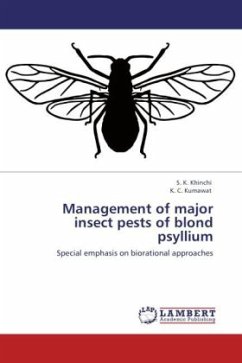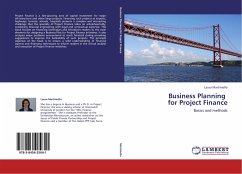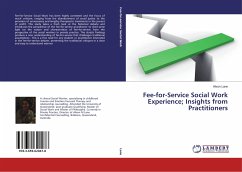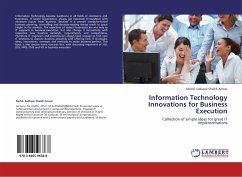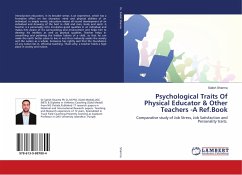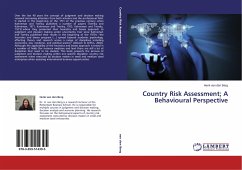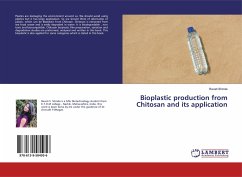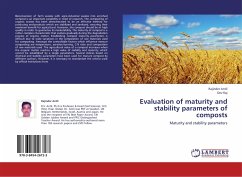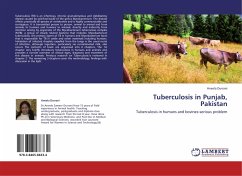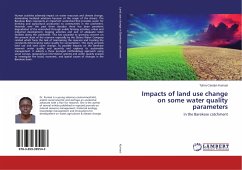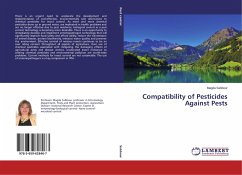
Compatibility of Pesticides Against Pests
Versandkostenfrei!
Versandfertig in 6-10 Tagen
36,99 €
inkl. MwSt.

PAYBACK Punkte
18 °P sammeln!
There is an urgent need to accelerate the development and implementation of cost-effective, environmentally safe alternatives to chemical pesticides for insect control. As more and more chemical pesticides show up in ground water, are implicated in health problems and are no longer effective due to pest resistance, biological control as a pest control technology is becoming more desirable. There is an opportunity to immediately develop and implement entomopathogen technology that will significantly improve food safety and afford ability, reduce the transmission of animal disease, protect biodi...
There is an urgent need to accelerate the development and implementation of cost-effective, environmentally safe alternatives to chemical pesticides for insect control. As more and more chemical pesticides show up in ground water, are implicated in health problems and are no longer effective due to pest resistance, biological control as a pest control technology is becoming more desirable. There is an opportunity to immediately develop and implement entomopathogen technology that will significantly improve food safety and afford ability, reduce the transmission of animal disease, protect biodiversity, enhance water quality and preserve the environment. Effective control of noxious insects continues to be an over riding concern throughout all aspects of agriculture. Over use of chemical pesticides associated with mitigating the damaging effects of agricultural pests and disease vectors, accelerated insect resistance to existing chemical pesticides and environmental pollution are world-wide problems. Current methods for insect control are not sustainable. The use of entomopathogens is a key component in IPM.



